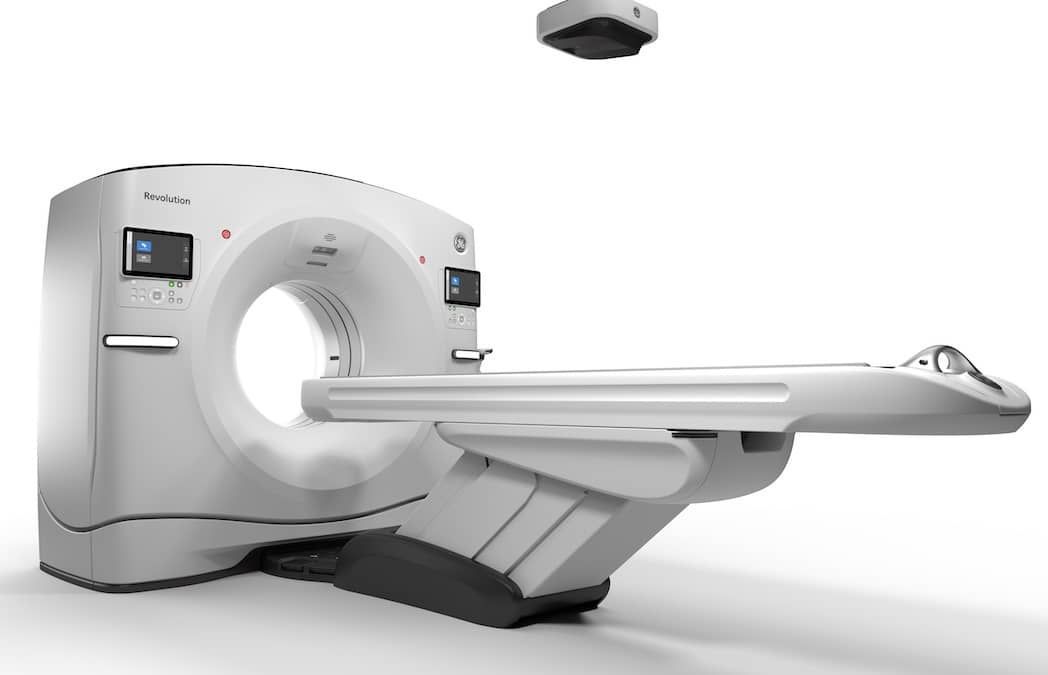gastric emptying scan

What is a Gastric Emptying Scan?
A gastric emptying scan (GES) is a nuclear medicine test that measures how quickly food leaves the stomach and enters the small intestine. It helps assess stomach motility and identify conditions that affect digestion. The test is often used to diagnose gastroparesis, where the stomach empties too slowly, causing symptoms like nausea, bloating, and vomiting.
Who is Suitable for a Gastric Emptying Scan?
This test is recommended for individuals experiencing unexplained digestive symptoms, especially those related to delayed stomach emptying.
- People with symptoms of gastroparesis
- Nausea
- Vomiting
- Bloating
- Feeling full too quickly after eating (early satiety)
- Unexplained weight loss
- Abdominal pain or discomfort
- Patients with conditions that affect digestion
- Diabetes mellitus – Can cause nerve damage leading to gastroparesis
- Neurological disorders – Conditions like Parkinson’s disease or multiple sclerosis can slow digestion
- Post-surgical patients – Some stomach surgeries can affect motility
- Autoimmune diseases – Conditions like scleroderma can impact stomach function
- Individuals with unexplained symptoms
- Chronic indigestion
- Recurrent nausea or vomiting
- Difficulty maintaining weight
Benefits of a Gastric Emptying Scan
- Provides an accurate assessment of stomach motility
- Helps diagnose gastroparesis and other motility disorders
- Guides treatment decisions for digestive conditions
- Monitors the effectiveness of treatments like dietary changes or medications
- Helps differentiate between mechanical blockages and motility issues
Conditions Diagnosed by a gastric emptying scan
This test is commonly used to diagnose and assess various gastrointestinal conditions.
- Gastroparesis – Delayed stomach emptying due to nerve dysfunction
- Functional dyspepsia – Chronic indigestion with no clear cause
- Dumping syndrome – Rapid stomach emptying, often after surgery
- Gastric outlet obstruction – A blockage that prevents food from leaving the stomach
- Neurological or autoimmune disorders affecting digestion
What Further Information Can a Gastric Emptying Scan Show?
A gastric emptying scan provides more than just the rate at which food leaves the stomach. It can also offer insights into:
- Severity of Delayed or Rapid Gastric Emptying – Determines whether the stomach empties too slowly (gastroparesis) or quickly (dumping syndrome).
- Patterns of Stomach Emptying – Helps differentiate between a general slowdown or an issue affecting only part of the stomach.
- Effectiveness of Medications or Treatments – This can be used to monitor how well medications or dietary changes improve gastric motility.
- Post-Surgical Stomach Function – Assesses how the stomach functions after surgery, such as gastric bypass or fundoplication.
- Presence of Neuromuscular or Functional Disorders – Identifies abnormalities in how stomach muscles and nerves work together.
Preparation for Gastric Emptying Scan
To ensure accurate results, patients must follow specific guidelines before the test.
- Fasting Requirements – The patient must have something to eat 3 hours before the test and then fast until the test is completed.
- Medication Adjustments—Some medications affecting stomach motility (e.g., prokinetics, opioids, and antacids) may need to be stopped 24-48 hours before the test. Always consult the doctor before stopping any medication.
- Clothing – Comfortable, loose-fitting clothing is recommended. Avoid wearing metal objects, as they may interfere with imaging.
- What to Bring
- Referral from your doctor
- Medicare or health insurance details (if applicable)
- List of current medications
- A book or device for entertainment, as the test can take several hours
- Duration – The test typically lasts three to four hours, with imaging done at specific intervals.
Gastric Emptying Scan Procedure
The scan involves several steps to track how quickly food moves through the stomach.
- Eating the Test Meal: The patient consumes a small meal, usually scrambled eggs with toast and water, containing a safe amount of radioactive tracer.
- Initial Imaging: The patient lies under a gamma camera, which takes the first set of images immediately after eating. This allows doctors to see how food begins to move through the stomach.
- Follow-Up Imaging: Additional scans are taken at regular intervals (typically every 30 to 60 minutes) over up to four hours.
- Monitoring and Data Collection: The gamma camera tracks the radioactive tracer in the meal, providing real-time data on the gastric emptying rate.
The scan is painless, but patients must remain still during imaging to ensure accurate results.
What about the injection?
There is no injection. You are given a radiotracer in a bowl of cereal. There are no side effects. You will not feel sick or tired; you can eat, drink, and drive your car afterward.
What to Expect After a Gastric Emptying Scan?
After the test, patients can typically resume normal activities with minimal restrictions.
- Diet and Hydration – Patients can eat and drink as usual unless instructed otherwise.
- Medication Resumption—If medications were stopped before the test, they can usually be resumed unless the doctor advises otherwise.
- Radiation Safety—The radioactive tracer used in the test is minimal and poses no health risk. It will naturally leave the body through urine within 24 hours. Staying well-hydrated can help speed up this process.
- Activity Level – No restrictions are needed, and patients can drive or return to work immediately unless feeling fatigued.
- Results – Results will be available the following day after 2 pm.
Gastric Emptying Scan Prognosis
The prognosis after a gastric emptying scan depends on the results and the underlying condition being investigated.
- Normal Results—No further treatment may be needed if the test shows that food empties from the stomach normally. However, any symptoms could be due to other digestive issues that require different investigations.
- Delayed Gastric Emptying (Gastroparesis) – If the test confirms gastroparesis, the prognosis depends on the cause and severity. Treatment may include dietary changes, medications to improve motility, or, in severe cases, interventions such as gastric pacemakers.
- Rapid Gastric Emptying (Dumping Syndrome): Dietary adjustments and medications may help manage symptoms if food leaves the stomach too quickly.
- Chronic or Progressive Conditions – Some conditions affecting gastric emptying, such as diabetes-related gastroparesis or neurological disorders, may require long-term management.
Gastric Emptying Scan Risks
A gastric emptying scan is a safe and non-invasive test with minimal risks. However, a few considerations include:
- Radiation Exposure – The test involves a small amount of radioactive tracer, which is generally safe and quickly eliminated from the body. The radiation dose is low and comparable to other routine imaging tests.
- Allergic Reactions – Allergic reactions to the radioactive tracer are extremely rare.
- Discomfort from Fasting – Some patients may feel weak or nauseated due to fasting before the test.
- Prolonged Test Duration – The test requires staying at the medical facility for up to four hours, which can be inconvenient.
The scan is generally not recommended for pregnant women unless necessary due to radiation exposure. Breastfeeding mothers may be advised to pump and discard breast milk for 24 hours after the test.
What if a Gastric Emptying Scan is Delayed?
A delay in undergoing the scan could impact diagnosis and treatment planning.
- Undiagnosed Gastroparesis – If the test is delayed, conditions like gastroparesis may remain untreated, leading to persistent symptoms such as nausea, vomiting, bloating, and malnutrition.
- Worsening of Symptoms—A delayed diagnosis may result in increased discomfort, unintentional weight loss, and complications like dehydration.
- Delayed Treatment Decisions – Some medications and dietary strategies are only prescribed after confirming slow gastric emptying. A delay in the test could postpone effective treatment.
- Misdiagnosis of Symptoms—Without the scan, Symptoms may be attributed to other conditions, leading to unnecessary tests or ineffective treatments.
Gastric Emptying Scan Costs
- Medicare Covered: Bulk billed. No out-of-pocket costs.
Our Location
Suite 10/36 Ware Street, Fairfield, NSW, 2165
Parking
We offer free on-site parking at the back of the building (via Council Lane, Fairfield), more parking is available at Downey Lane car park or Nelson St car park.
Opening Hours
Monday-Friday: 8.30 am - 5.00 pm
Booking Services
24/7 Booking Services Available Online
Call :
(02) 9724 6864



